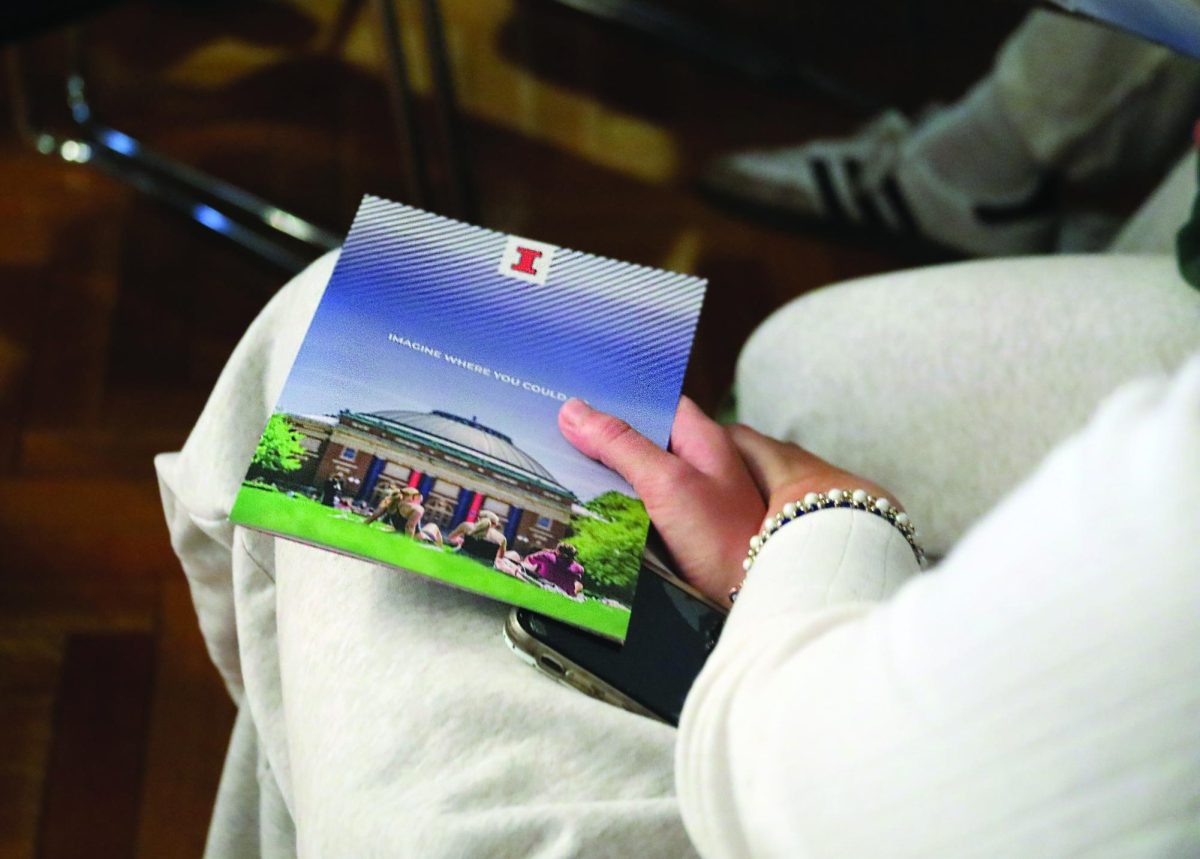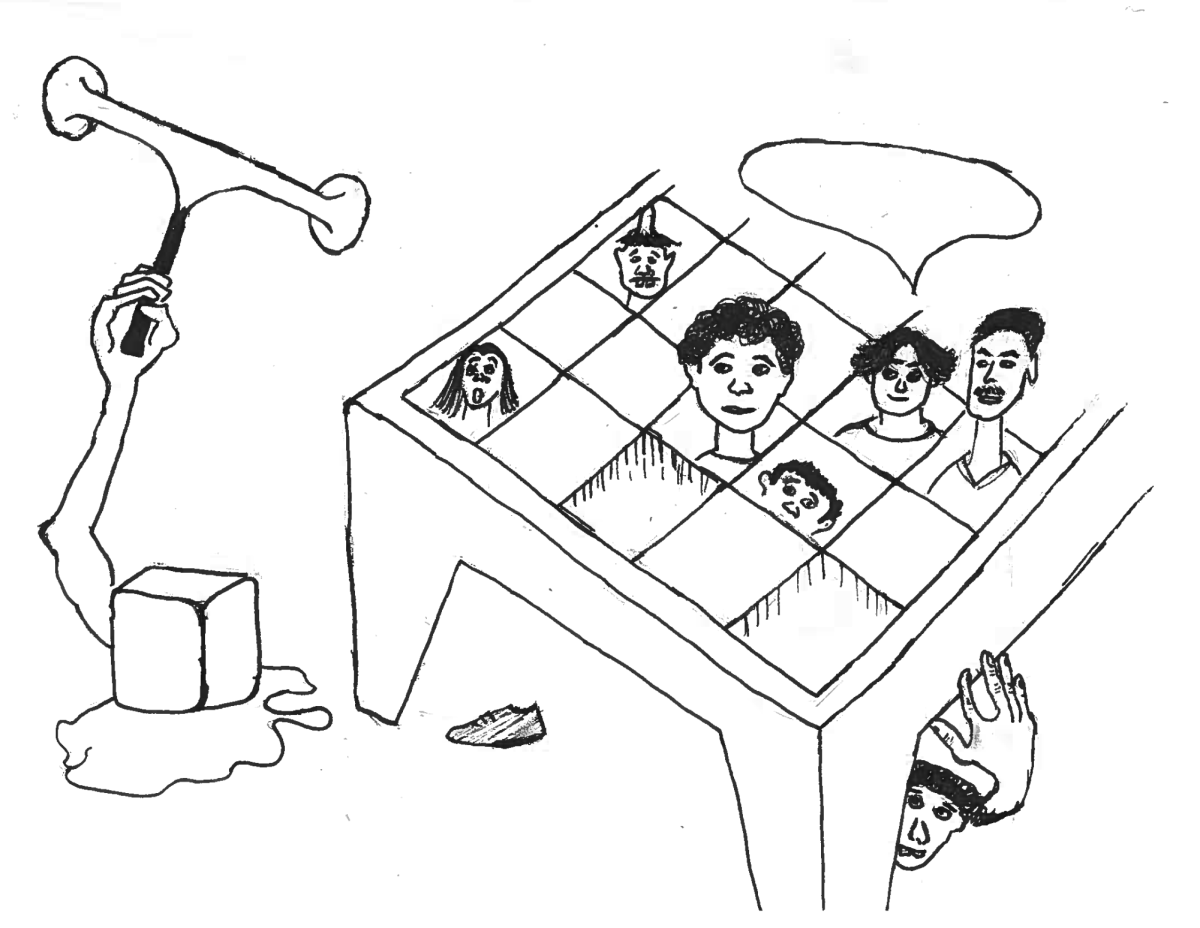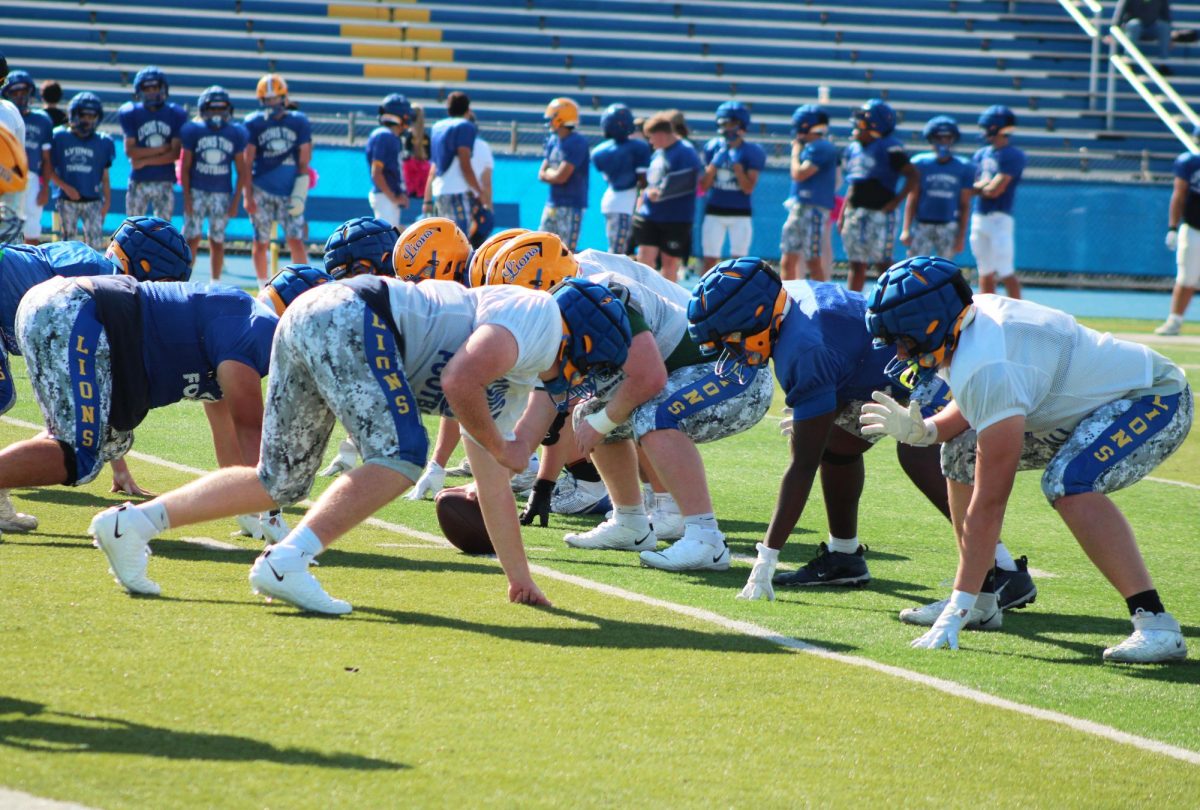Counterpoint: AP not end all be all
October 23, 2015
AP classes have come to define every student’s Thursday night grind. Students come home after a grueling practice, shovel down food, shower and begin reading 40 pages of Jane Eyre for AP English, in anticipation of a reading quiz the next morning.
This is followed up with two lengthy review packets and additional studying for the AP Calc test, an AP style e-mail for Spanish homework and a chapter of reading in the textbook for AP Government.
This doesn’t even account for half of the various other extracurricular activities students participate in: be it a job or anything from Debate Team to Best Buddies to LTTV, in addition to studying for ACT/SAT and/or applying to college.
Are we spreading ourselves too thin?
The answer is yes.
AP classes are a nice concept in theory but in the overscheduled lives of high school teenagers they are impractical. The pressure should be taken off of students to pursue these higher level courses.
The typical daily college schedule differs greatly from the traditional 7:45 a.m. to 3:05 p.m. high school setting. In college students have more flexibility in their schedules. They take only two or three classes a day and do not spend over six hours in the same building five days a week.
The homework load of AP classes can vary anywhere between an hour to three hours each night depending on what is due the following day, and many high-achieving students who take AP courses do not have enough room in their schedules to take a full-length study hall.
While LT’s newly built in 25-minute lunch/study hall period does allow students more time to complete assignments, it does not make much of a dent in the overarching stress that results from taking AP classes. Students who attempt to balance this lack of time during the day to finish schoolwork with the parental and academic pressure to succeed will only end up sparking the powder keg of stress waiting to go off.
On the flip side, AP courses do provide students with the opportunity to obtain college credit during high school. This can lead to early graduation from a university and potentially save parents thousands of dollars in tuition based off of how well students perform on AP exams in May.
Despite the possible financial benefits, students are more inclined to overexert themselves in high school while taking these classes. The combined pressure from parents, teachers, counselors and college representatives to take AP classes takes a negative toll on students.
Bottom Line: Adults need to take a step back and reevaluate how much emphasis they are placing on high school students to take AP classes. Imposing four to five collegiate level classes on 16-18 year olds five days a week twenty-five weeks a year is simply unnecessary.

























![Movie poster for '[Rec]" (2007).](https://www.lionnewspaper.com/wp-content/uploads/2023/04/rec-640x900.jpg)

